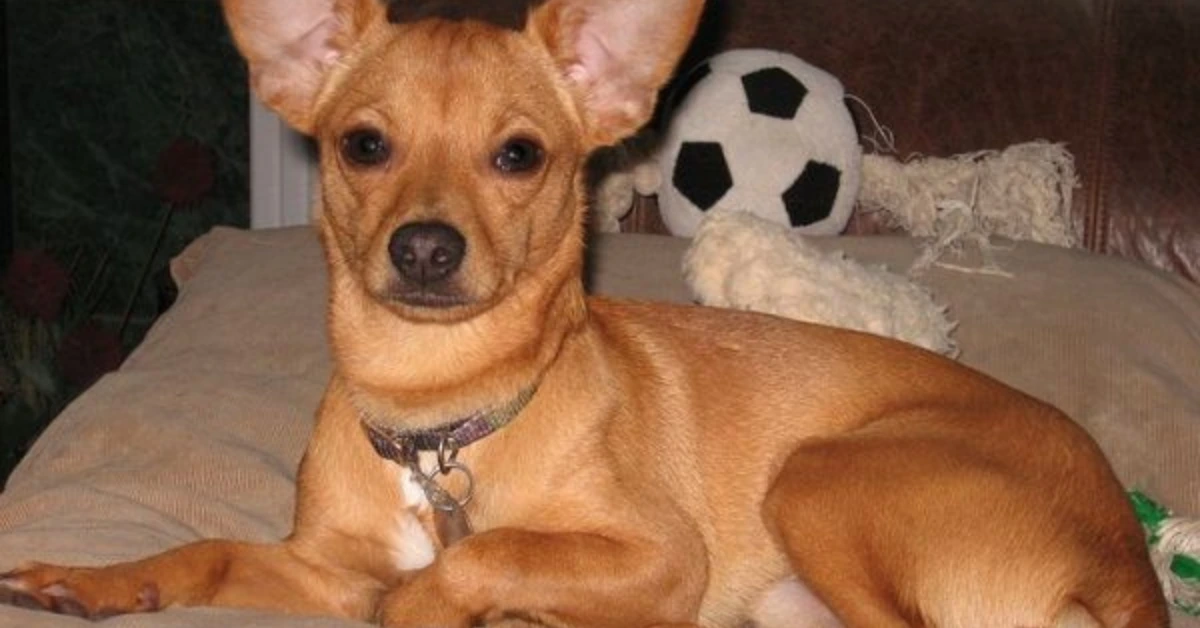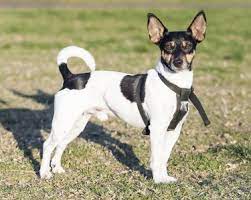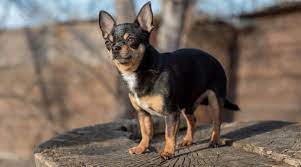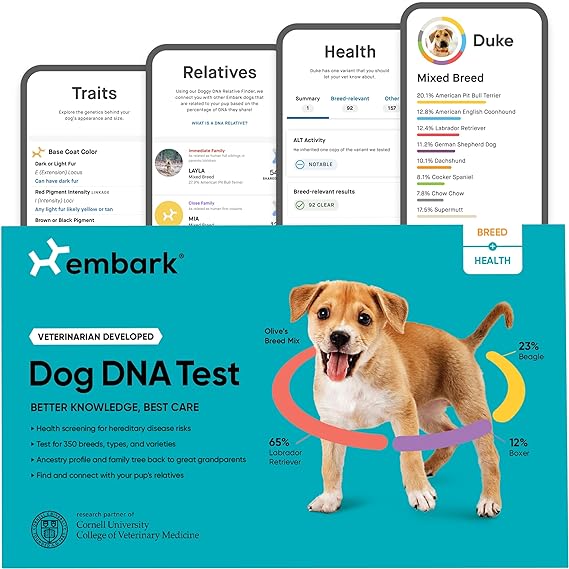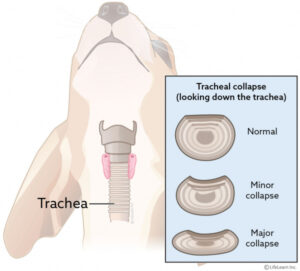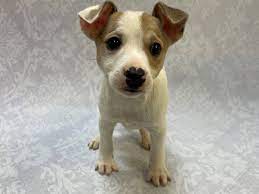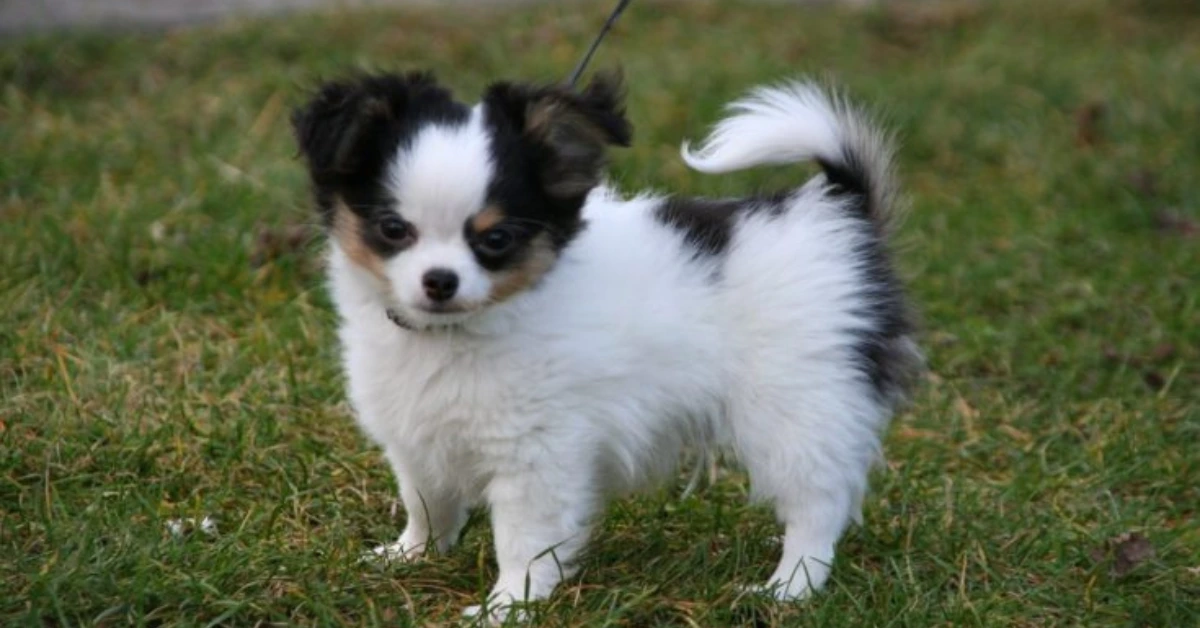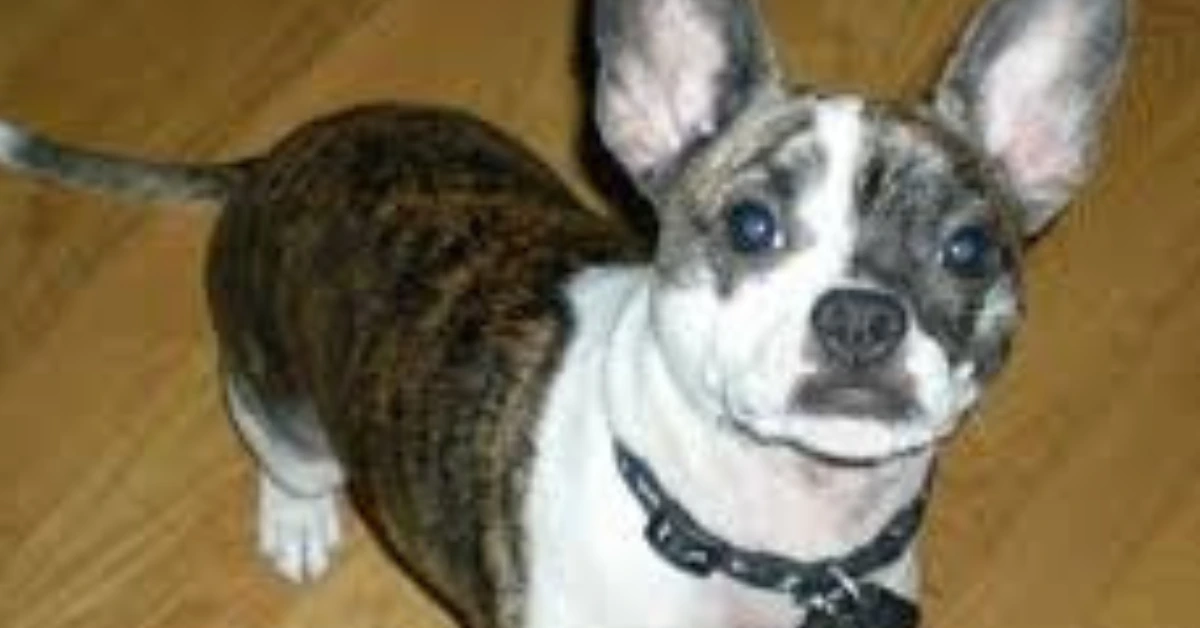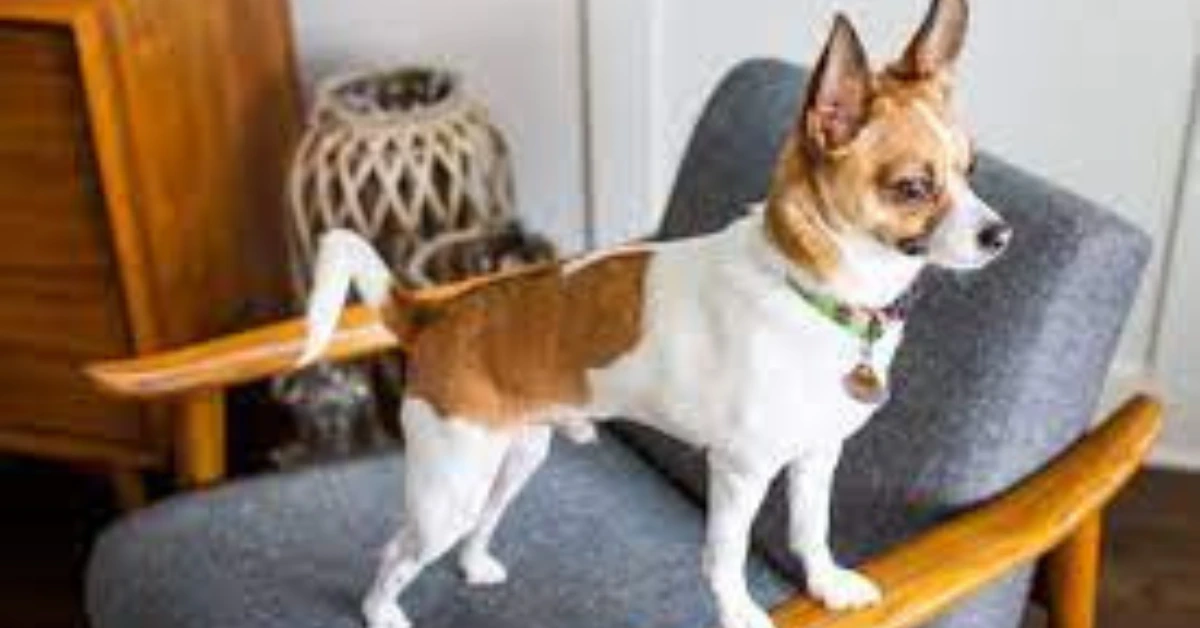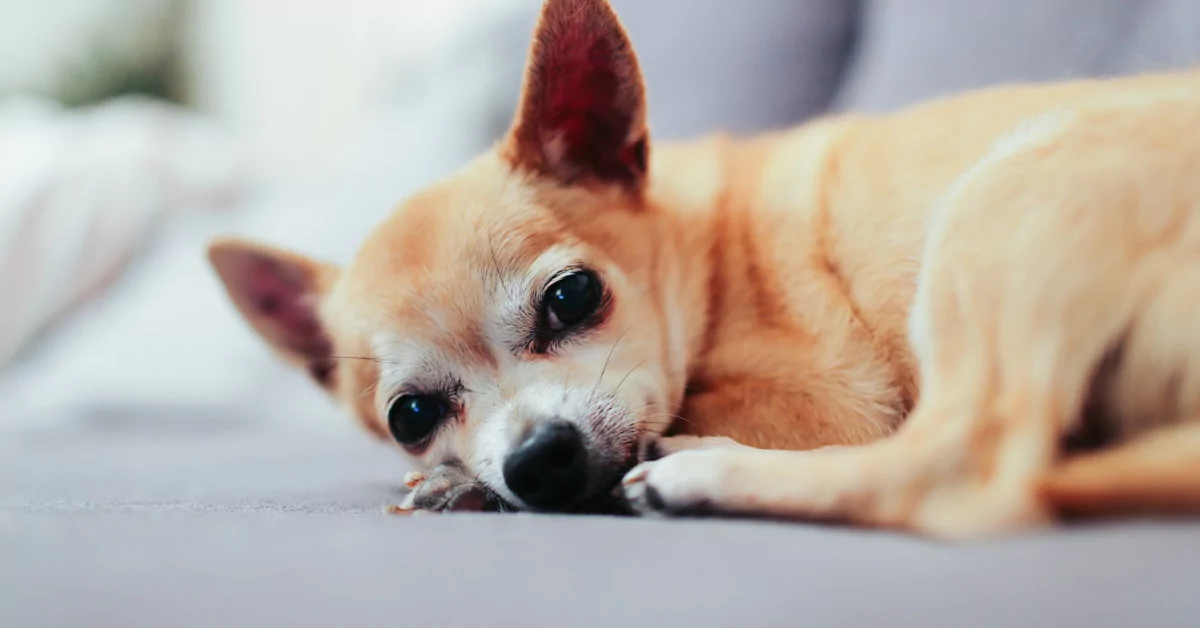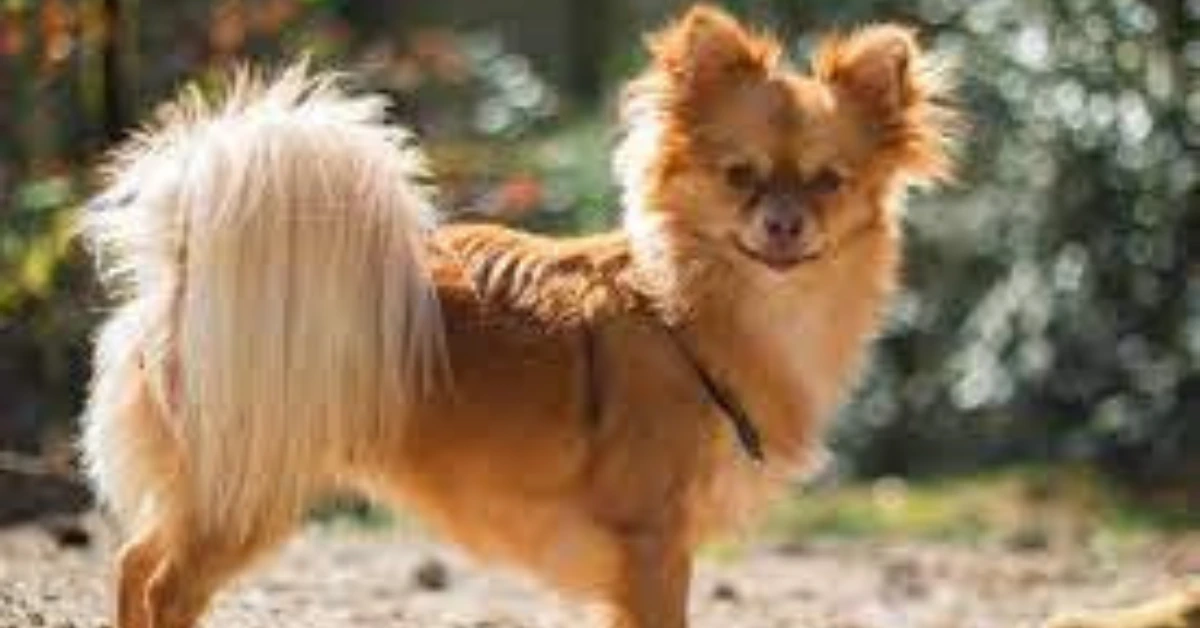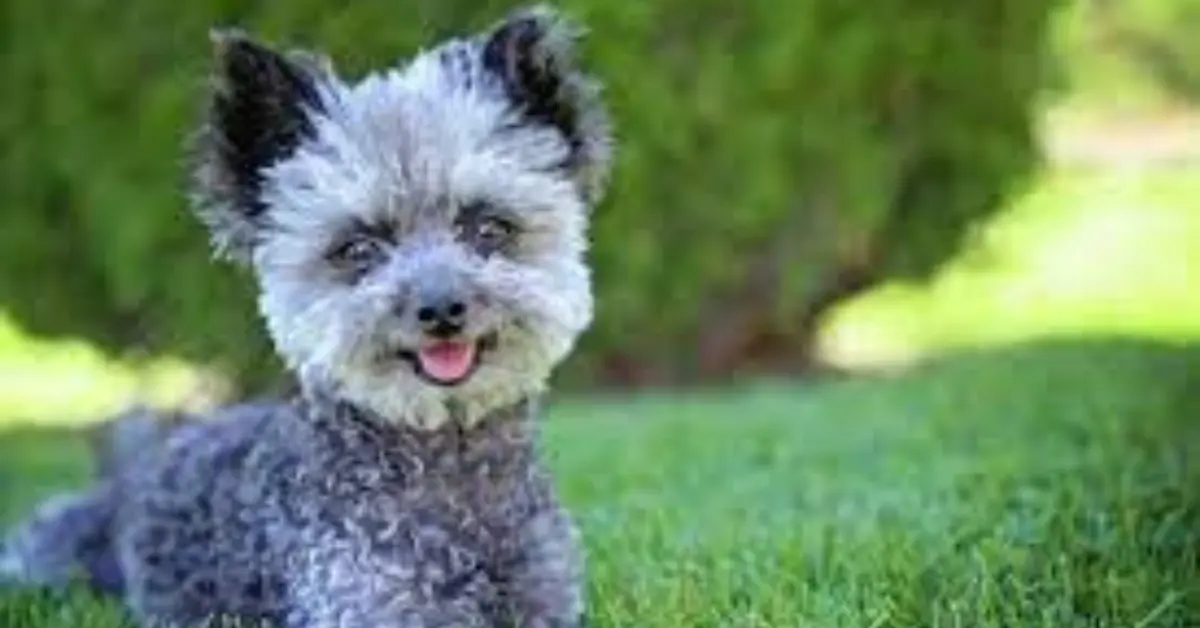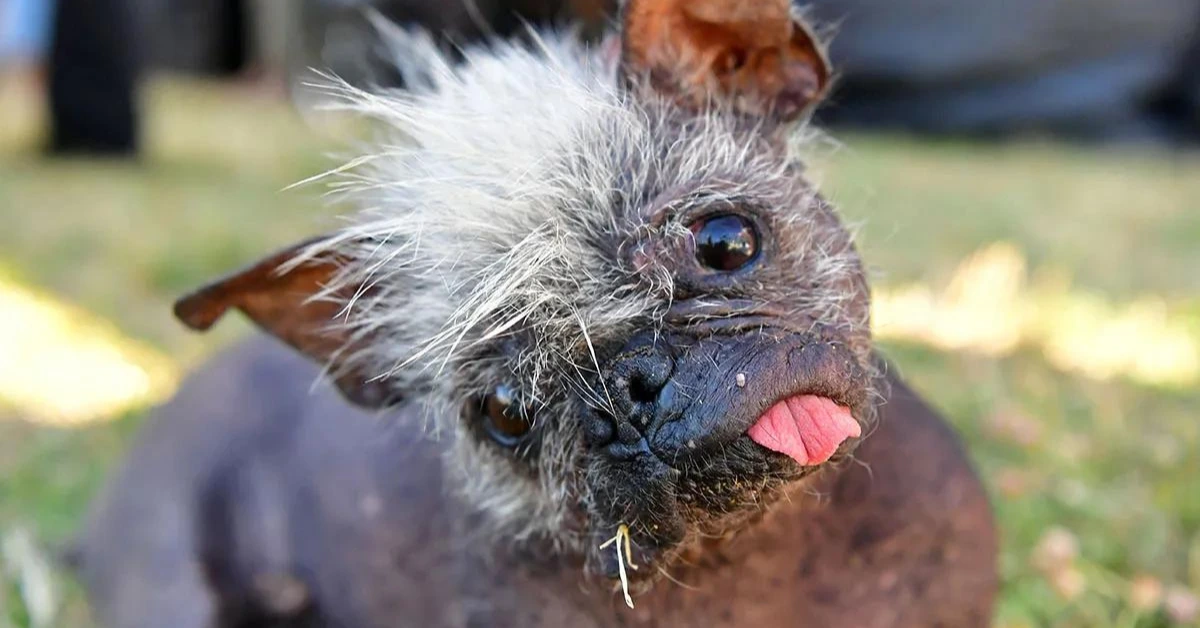The Rat Terrier Chihuahua mix is the best dog for people who want a dog with the right amount of energy and sass.
This one-of-a-kind Chihuahua mix takes the active and smart Rat Terrier and combines it with the small Chihuahua to make a cute dog friend that is both lively and sweet.
Rat-Chas are great for people who live in houses or don’t have a lot of room because they are small. Come down when you’re ready to meet your new best friend!
Advertisement
Rat-Cha History
The Chihuahua
It’s not clear where the Chihuahua dog breed came from. The breed has some similarities to other old dog breeds, which has led some people to think that the Mayans and Aztecs may have had a hand in making it.
Others, though, say that the Chihuahua must have just happened to appear naturally since it is a tough and independent dog.
In any event, one thing is certain: because of its endearing appearance and endearing temperament, the Chihuahua has grown to become one of the most well-known dog breeds worldwide.
The Rat Terrier
It has been used for a long time as an all-purpose working dog. The Rat Terrier is a small, active dog breed. Its surprising history goes back to the early 1800s in England, where it was used to get rid of rats and other pests in busy cities.
This type of dog was very good at hunting, and it also had a lot of stamina and could run long distances very quickly. This made it perfect for finding prey or rats that got away. Slowly but surely, these small but strong dogs made their way to rural America, where they were loved by farmers and other explorers.
Rat Terriers are still one of the most popular dog breeds in homes across the country because they are great at many things, from herding animals to getting mice.
The Rat-Cha
Rat Terrier and Chihuahua is a rare and interesting mix of breeds that started in the 1990s. It’s thought that this hybrid went through its first stages when dog farmers tried mixing smaller dogs, like the popular Chihuahua, with bigger pets.
That’s how a cute little dog with a big personality came to be. The Rat Terrier Chihuahua mix quickly became a favorite among dog lovers all over the world thanks to its small, delicate size and friendly personality. People all over the world love these mixed breeds for their cuteness and have them in their homes.
The AKC has not yet approved the Rat Terrier Chihuahua Mix.
Rat-Cha Appearance
The Chihuahua Rat Terrier mix is an interesting and one-of-a-kind mix of two very different dog types. It looks like a normal Chihuahua because of its small size, smooth fur, and sharp features.
But at the same time, it has many traits that are more typical of a Rat Terrier, like long ears and strong legs. This mixed breed has short legs and a compact body. It is pretty small but strong.
This little puppy, who weighs between 11 and 15 pounds and stands between 12 and 14 inches tall, has an enormous amount of personality for his little stature.
The temperament of the Rat-Cha
Rat Terrier and Chihuahua mix dogs can have very different personalities based on many things. Some Rat-Chas are friendly, playful, and loving, while others may be shy or cold around strangers and always want to be close to their owners.
While each dog is different, these dogs are usually smart and active. They enjoy being busy and like to play games or go for walks often.
They can also be very naughty and get into a lot of trouble when left alone. Rat Terrier-Chihuahua mix dogs have a wide range of personalities, but most of the time they are active, curious, and excited about life.
Rat-Cha Health
Rat Terrier mixes that are mixed with Chihuahuas usually live between 13 and 18 years.
They may get some of their looks and behaviors from their parents, the Chihuahua and the Rat Terrier, but they also get the same health problems.
If you want to know what health problems your furry friends may be prone to, we recommend that you speak with your dog’s breeder or veterinarian.
Based on the health of his or her parents, your dog’s breeder will be aware of any potential health issues to which your puppy, whether mixed breed or not, may be vulnerable.
A dog DNA test is an additional option if none of these approaches work. I have utilized the Embark dog DNA test on both of my family’s dogs. I appreciate that this dog DNA test can identify breeds and detect health issues.
I was pleasantly impressed by how precise the breed ID test results were when they were returned after two weeks.
The health detection also helped me learn more about the health problems that my two dogs are prone to and how I can better care for them.
Patellar Luxation
Rat Terrier and Chihuahua mixes often get a very painful condition called patellar luxation. When the knee joint is unstable and can’t hold the dog’s weight properly, this is called patellar luxation. It hurts and makes it hard to walk.
Hip Dysplasia
Rat Terrier-Chihuahua mixes are more likely to have hip and elbow dysplasia, a painful disorder where the elbow and hip joints develop incorrectly. The Rat-Cha may experience extreme stiffness, irritation, and discomfort as a result.
Tracheal Collapse
Collapsed trachea is one serious problem that mixtures of Rat Terriers and Chihuahuas frequently encounter. This disease damages the throat’s windpipe and causes it to partially close, making it difficult for the Rat-Cha to breathe during coughing fits or periods of vigorous exercise.
Fortunately, dogs with this illness have various treatment choices at their disposal, including supportive collars and harnesses or anti-inflammatory drugs.
Rat-Cha Care
You have to think about feeding, shedding level, exercising, training, and grooming a Chihuahua Rat Terrier Mix.
Shedding Level
“Yes!” is a clear response to this query. Due to their infamous shedding, owners of Chihuahua Rat Terrier mixes may have to cope with tumbleweed-sized amounts of fur all over the house.
Rat-chas are more likely than other hybrids to have excessive shedding since they are descended from two breeds with very distinct coat characteristics.
Chihuahuas often have short, delicate coats that are easy to maintain. Rat Terriers, on the other hand, frequently have considerably thicker fur and need to be brushed more frequently to control shed hairs. When combined, these characteristics produce a blend that sheds continuously all year long, frequently leaving owners frantically reaching for their vacuums and lint brushes every day.
Mixtures of Chihuahua and Rat Terrier are not hypoallergenic.
Grooming
A few essential recommendations that every dog owner should remember when grooming a Rat Terrier Chihuahua Mix are as follows. First and foremost, make sure you are using only premium dog grooming products made especially for breeds with short hair.
To assist you in eliminating extra shedding and untangling your Chihuahua Rat Terrier mix’s coat, you should also use a high-quality brush. Your Rat-Cha may need frequent trims or expert bathing services if her coat tends to get matted or soiled more rapidly than other breeds, depending on the sort of combination she has.
Training
Training a Rat Terrier-Chihuahua mix dog can be fun and hard at the same time.
It’s important to set yourself up as the pack leader right away. Use consistent orders and positive reinforcement to show your puppy who’s boss.
It’s also important to set clear limits and stick to them when training your Chihuahua Rat Terrier mix. Your Rat-Cha will be able to stay focused on the job at hand and not get sidetracked.
It’s also important to keep your Rat-Cha mentally and physically fit by giving him lots of fun things to do and workouts.
Diet
An active Rat-Cha puppy will need about 300 to 400 calories a day, which is about 1/2 cup of food. An adult Rat-Cha will need about 250 to 300 calories a day, which is about 1 cup of food.
Another thing that Rat Terrier Chihuahua Mix dogs should eat is a lot of energy and fiber. These nutrients help your dog’s body healthily build muscles and organs, and they also keep the digestive system healthy.
Exercise
Being a high-energy breed, the Rat Terrier Chihuahua Mix needs a lot of frequent exercise to keep happy and healthy.
Walking or jogging your Rat Terrier Chihuahua Mix frequently around the neighborhood is a fantastic method to get them active. This is a fantastic way for the dog to exercise, and it also gets you outside to enjoy some sunshine and fresh air!
Engaging in sports like fetch with your Chihuahua Rat Terrier mix in a spacious, fenced-in yard is an excellent way to exercise them. This will assist your dog in getting as tired as possible and spend valuable time with you!
Consider signing up for an agility or group training session for your Rat Terrier Chihuahua Mix if you have the room and means to do so. This will be a terrific way to socialize your Rat-Cha by allowing them to play with humans and other dogs, in addition to providing them with lots of exercise as they learn new skills. Just make sure everyone is up to date on their immunizations, especially the rabies shot!
Is Rat-Cha The Right Choice For You?
Doesn’t Get Along With Small Kids
The Rat Terrier Chihuahua hybrid is unquestionably not the greatest breed for young children.
This lively little mischievous dog can be challenging to manage in a busy home because of its high activity levels and propensity for getting into mischief.
Furthermore, because of their strong prey drive, a lot of Chihuahua Rat Terrier mixes are prone to biting and nipping. Given these considerations, it should not be shocking that small children who are energetic and constantly on the go would not find the finest partners in these mixed breeds.
Good Choice For Apartment Living
A Rat Terrier/Chihuahua mix is the ideal friend if you’re seeking for an active and entertaining dog but don’t have a lot of room.
Due to their petite stature and lively disposition, these hybrid dogs are a fantastic option for apartment owners with little outside area.
Rat-Cha And Other Pets
The subject of whether Rat Terrier Chihuahua mix dogs get along with other pets cannot be definitively answered. While some dog owners report that their mixes can be violent and territorial, others assert that their Rat-Chas have developed great ties with a variety of animals, including cats and other dogs.
But one thing is for sure: a dog’s particular situation will play a major role. How Chihuahua Rat Terrier mixes are socialized and trained from an early age. Typically determines whether or not these canines get along with other pets. While some owners let their Rat-Cha run free and play with other animals as they wish, others take the time to carefully introduce them to other animals in a quiet, controlled setting.
In the end, patience, attention to detail, and an abundance of positive reinforcement for appropriate conduct are crucial for creating harmonious relationships with various pets.
Rat-Cha Male vs Female
Some individuals might favor males. Because of characteristics such as perceived aggression or a propensity for marking activities. Some seem to prefer females. Given their reputation for being kinder and more adept with youngsters, female Rat-Chas might pique the curiosity of other individuals.
When deciding between male and female Chihuahua Rat Terrier hybrids. Factors including temperament, trainability, demand for activity, and general health may come into play.
Quick Breed Summary Table
| Weight | 10 – 15 pounds |
| Height | 10 – 16 inches |
| Size | Small |
| Coat Type | short or long |
| colors | a wide range of colors and patterns. Many have shades of white, brown, and black, making them tricolor |
| Amount of Shedding | high |
| Nose | Black |
| Ears | stand up |
| Temperament | suspicious of strangers, Protective, fierce, affectionate. |
| Life Expectancy | 12 – 18 years |
| Hypoallergenic | No |
| Intelligence | Yes |
| Kid-Friendly | They need training |
| New Owner Friendly | No |
| Activity level | very active |
| Breed Recognition | None |
This is a video of a cute RatCha Puppy, Enjoy!
YOU MAY ALSO LIKE:
Toy Fox Terrier Chihuahua mix-Taco Terrier, A Complete Guide
Chihuahua Corgi Mix: Chigi A Complete Guide
Papillon Chihuahua Mix- Chion, A Complete Guide
Advertisement

